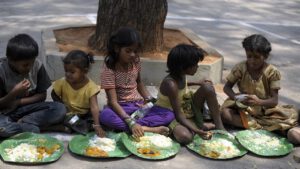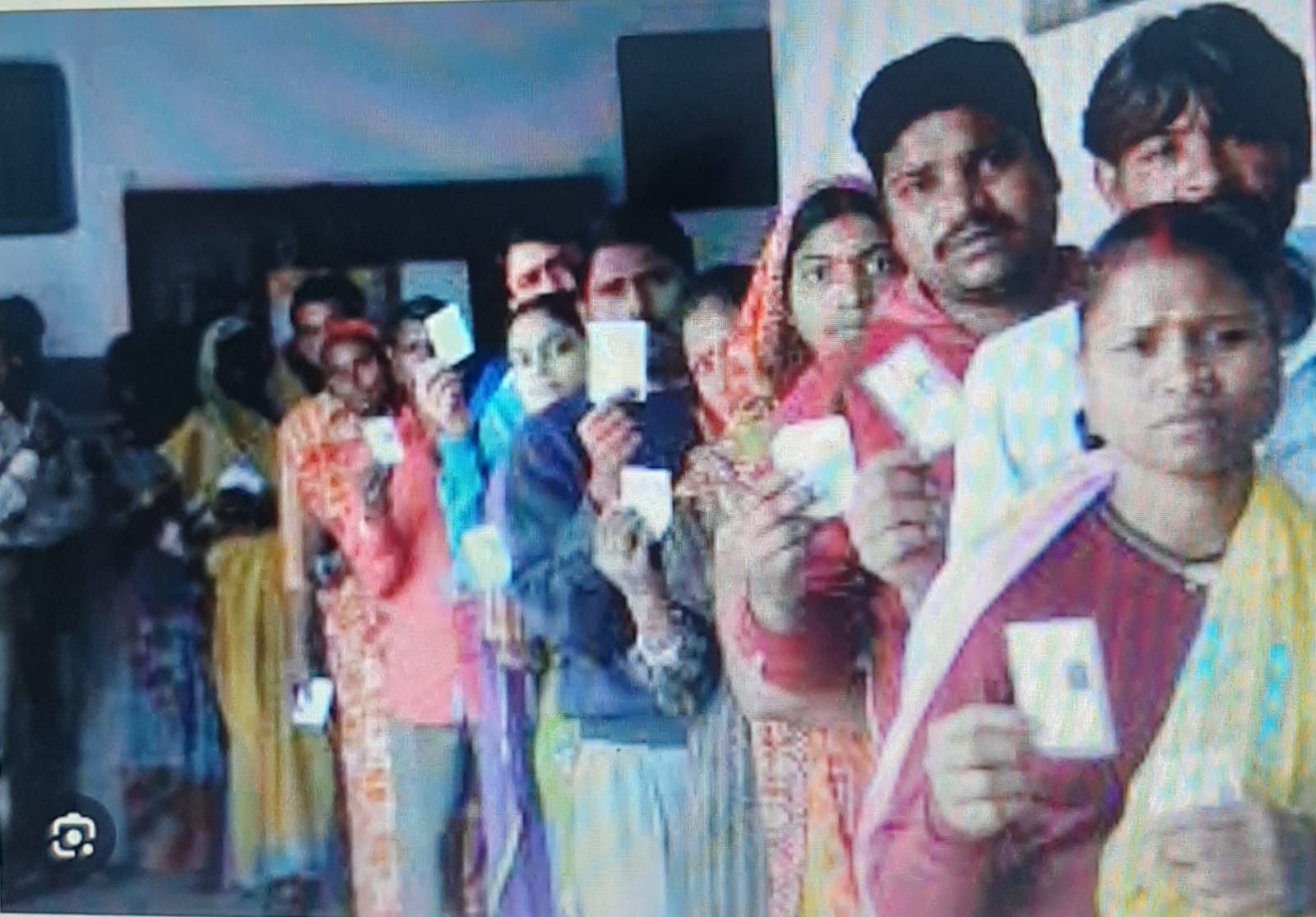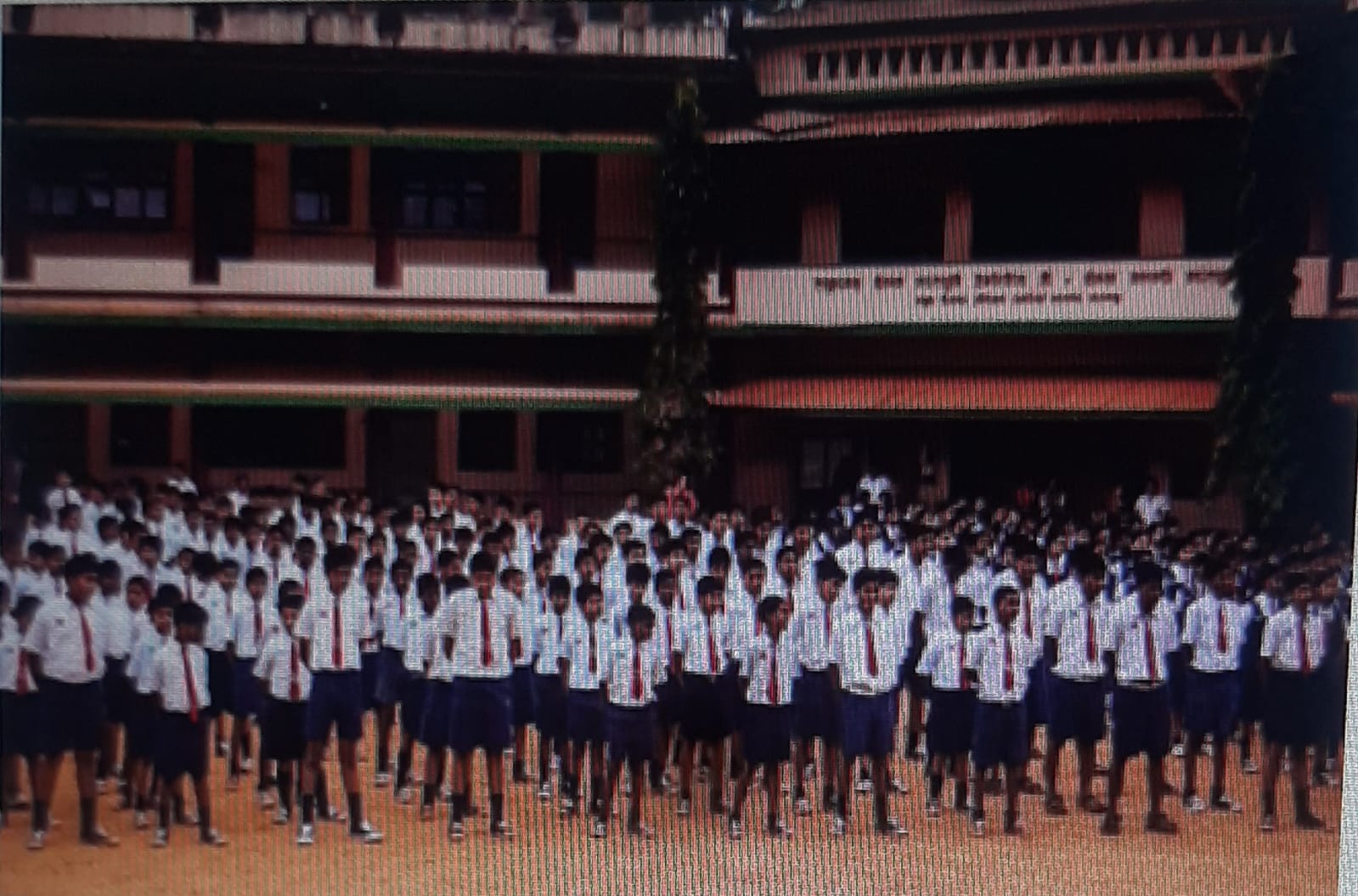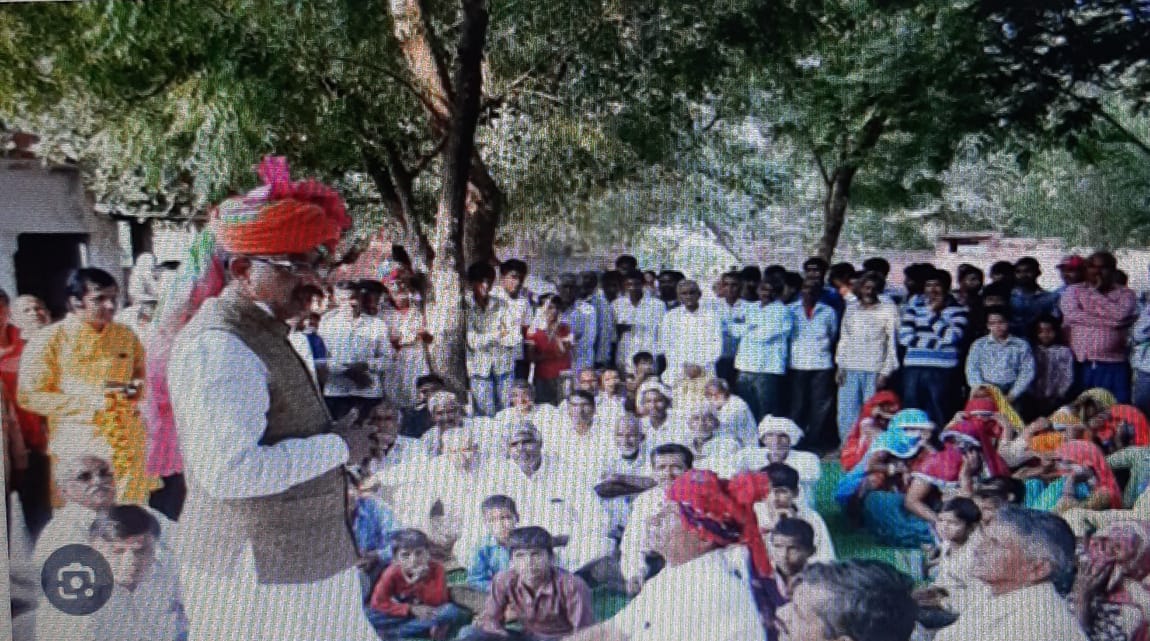
During my tenure in HRD ministry a paper on neighborhood school concept was prepared and a former Union Education Secretary was tasked to study this scheme and come up with a draft of legislation for further public debate and discussions to replace the existing dual education system. It was abundantly clear that unless fully equipped schools – in every sense of the term, equipped with modern information and communication systems, at par with the best private schools available in our country, are set up in every cluster of eight to ten villages across the country, the situation will remain unchanged and we will keep suffering the “poor country” tag for ages, writes former IAS officer V S Pandey.
According to the World hunger report 2022, India stands abysmally at 107 out of the 121 listed countries. It is a matter of concern that our country ranks below even Pakistan, Bangladesh and Nigeria! It reiterates the harsh glaring inequality that exists – that we have a rapidly expanding list of billionaires but a vast section of our populace is languishing and barely eking out an existence. These reports are pointers towards the fact that all is not well and governments need to exert much more to ameliorate the misery of millions of our unfortunate countrymen. This report uses only the official data reported by member countries, including India. This is the dismal condition of our society despite the fact that the Central Govt has been providing additional free of cost food grains to 80 crore Indians since March 2020.

The father of modern economics, Adam Smith, wrote in this famous book Wealth of Nations, that a country can become prosperous only when its people are trained and educated. This argument has been validated by every developed nation, across the globe. A look at the list of developed countries shows that there is a direct correlation between educational attainments of a country’s population and its economic prowess. This has been emphasized time and again by various commissions and committees set up to suggest a road map to take India ahead. However, despite all this conclusive data, successive governments at the center and different states have just ignored this path and done almost nothing to educate our population and skill them to become socially and economically productive. Why have successive governments neglected the education sector so perilously is a million dollar question which still begs a solution.
Some minimalistic measures were taken. New schools were opened every year , free books and dresses were doled out to the students in government run schools and a sufficient number of teachers were appointed . Students are being given free education up to class twelve across the states and regular stipends are being disbursed to the students belonging to the poorer sections of our society for years. Through various schemes, teachers are also being provided training to upgrade their teaching skills. However, despite all these steps, our education sector is in shambles and is rated as one of the most ordinary public education systems in the world. The failure of the public education system in providing quality education to our students led to the culture of expensive private schools mushrooming across the length and breadth of our country. The sad part is that these private schools , in the name of providing better quality English medium education , have created a huge chasm between the English knowing population and others – the other being treated as inferior. Lack of requisite quality in the education system in vernacular has harmed our nation infinitely. Gandhiji had prophetically written in Young India –“It is my considered opinion that English education in the manner it has been given emasculated the English-educated Indian, it has put a severe strain upon the Indian students’ nervous energy, and has made of us imitators. The process of displacing the vernacular has been one of the saddest chapters in the British connection.”
Gandhiji was absolutely right that no nation can prosper and march ahead speaking an alien language and demeaning one’s own mother tongue. A country which was one of the richest in the world for centuries, and was in the forefront of knowledge creation in its own language for thousands of years , now has its people competing with each other to master an alien language “ English “. It is a shameful spectre. All this needs to be changed if the nation has to move forward rapidly.
First the governments have to shift their priority towards overhauling the education sector. About two decades back , during my tenure in HRD ministry, an effort was made to bring about a major shift in the way our governments managed our school and college systems . A paper on neighborhood school concept was prepared and a former Union Education Secretary was tasked to study this scheme and come up with a draft of legislation for further public debate and discussions to replace the existing dual education system . It was abundantly clear that unless fully equipped schools – in every sense of the term , equipped with modern information and communication systems, at par with the best private schools available in our country , are set up in every cluster of eight to ten villages across the country, the situation will remain unchanged and we will keep suffering the “poor country” tag for ages.
Our country has enough resources to setup these kind of integrated schools equipped to impart high quality education from the first to the twelfth standard and impart vocational education to upgrade skills of our vast population. It was also worked out that we had enough trained teachers in our system to ensure that we succeed in imparting the best quality education to our children -which would go a long way in improving our higher education system.
The current education policies are adept at providing suboptimal incremental changes. This is not going to change the status quo. The decision makers need to understand that this dual education system, one for the rich and mighty and the other for the poor and deprived sections of the population, has done only harm . For decades, we have been churning out poorly educated millions with hardly any educational attainments and have pitted them against those educated in well equipped private schools located in cities and metros. Can there be any competition between these two categories of students? The poor quality schools produce poorly qualified students and thus the chasm between the rich and poor gets further accentuated.
The Governments must reform the education system expeditiously . The Neighborhood school system along with the new school structure are the crying need of the our time .There are no options left.
(Vijay Shankar Pandey is former Secretary Government of India)









